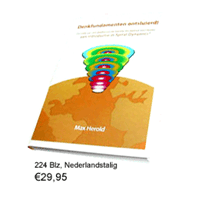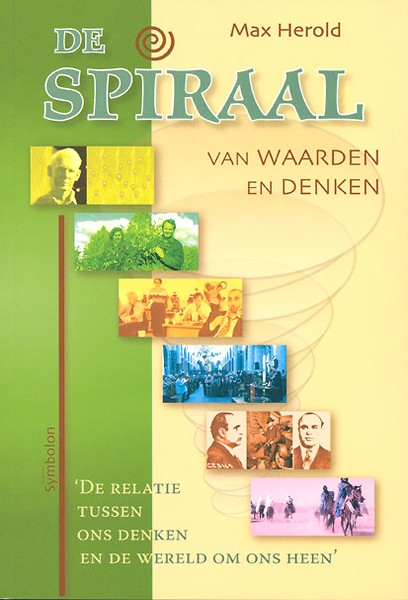“Learning to do good research is experiencing a power that you will enjoy all your life”
– Max Herold, February, 2019 –
It was one of many beautiful statements in Stephen Hawking’s latest book “The Answers to the Big Questions.” He stated that while his body imposed limitations on his physical life, he was totally free in his mind to do research in places where even “Star Trek Enterprise” could not even come. From the core in black holes to the origin or end of the cosmos. From just beyond the atmosphere to billions of stars further into the infinite. From time and relativity to places where time ceases to exist. The curiosity to discover and the habit of asking unconcerned questions that he had inherited in his upbringing from home helped him a hand.
More information:
Brief Answers to the Big Questions
Auteur: Stephen Hawking
Click on: https://amzn.to/2F7pTsm
- What are the discussion points and questions mentioned in the scientific literature?
- What do experts think of or in the field? What is interesting? What are discussions? What is the knowledge item about?
- What is assumed?
- What attracts your attention?
- Which questions are not asked? What makes me ask that question? What is a possible answer? What does that bring us? What can we learn from it?
If they are societal theme questions, answers can yield smart, never-before-seen practical interventions. But of course it can also be more personal interests. Imagine that YOUR personal quest, which gives you the form of an investigation, leads to socially original interventions? That during that research you come across insights that nobody has ever seen before. That those insights unfold in the way in which an artist creates a unique masterpiece. Such a process, because that is it, renews and enriches, broadens and deepens, reflects and transforms. Such a thing touches the core of your being, after which you will never be the same again.
Max Herold
February, 2019



